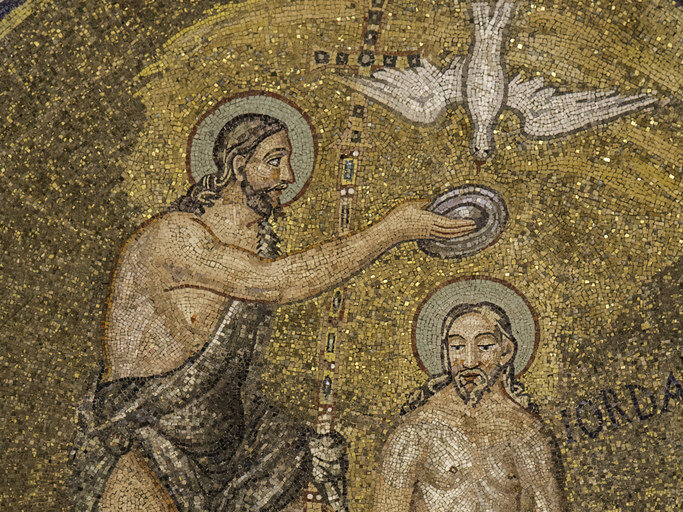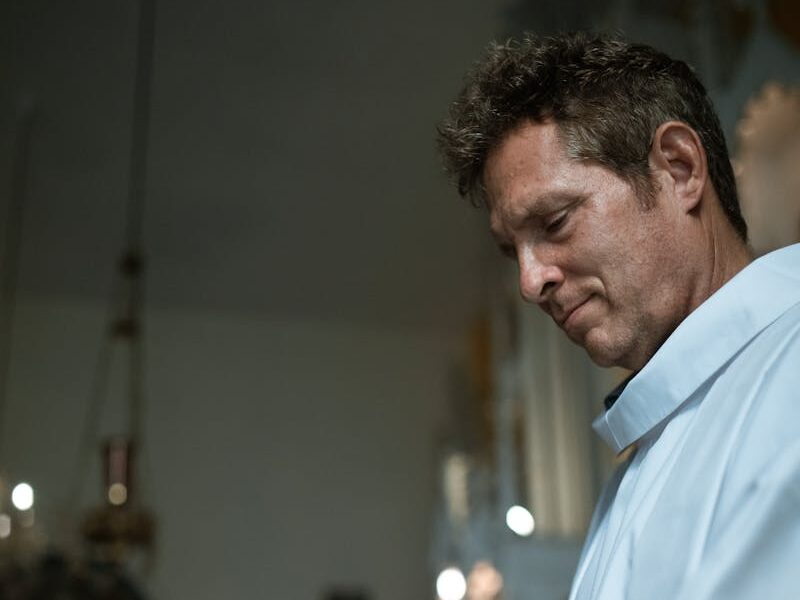
The Baptist tradition is one of the largest Protestant groups in the world, yet it’s also one of the most misunderstood. Because Baptists have such a long and diverse history, people often reduce their beliefs to stereotypes or confuse them with practices from other Christian traditions. While Baptist churches vary greatly, there are shared principles that help define the faith. Here are 15 things people often get wrong about the Baptist faith.
All Baptists Believe Exactly the Same Thing

Many people assume all Baptists follow the same doctrine, but the truth is more complex. There are dozens of Baptist groups, from large denominations to small independent congregations, and each interprets faith and practice in its own way. They share core principles like believer’s baptism and the authority of Scripture, but they differ on worship style, leadership roles, and social issues. Unity exists in values, not in identical beliefs.
Baptists Were Founded in America

Because Baptists are so prominent in the U.S., many think the faith was born there. In reality, the Baptist movement began in the early 1600s in England and the Netherlands, when believers sought freedom from state-controlled religion. Baptists later came to America, where they flourished and helped shape ideas of religious liberty. Their roots are international, and their history is much older than most assume.
Baptists Don’t Believe in Tradition

It’s often said that Baptists reject all tradition, but that’s not accurate. While Baptists hold Scripture above human tradition, they still have cherished practices like congregational decision-making, hymn singing, and regular Communion. The difference is that tradition is never considered equal to the Bible. For Baptists, traditions can guide and enrich, but they must always be tested against Scripture rather than treated as unquestionable authority.
Baptists Don’t Believe in Grace

Some imagine Baptists as focused only on strict rules or moral behavior. In truth, the heart of Baptist belief is salvation by grace through faith in Jesus Christ. While many churches emphasize holy living, this comes as a response to grace, not as a substitute for it. Grace is seen as a gift freely given by God, not something earned by human effort.
All Baptists Are Conservative

The stereotype of the Baptist as politically or socially conservative is widespread, but it doesn’t reflect reality. There are conservative Baptist groups, but also moderate and progressive congregations that stress inclusivity, social justice, and community outreach. Baptists range across the spectrum, and their independence means that no single political identity defines them.
Baptists Reject Education and Learning

Because Baptists highlight personal faith, some think they avoid intellectual study. However, Baptists have a long tradition of valuing education, founding many universities, seminaries, and schools around the world. They see learning as a way to deepen faith and prepare people to serve effectively. Far from being anti-education, Baptists have often been leaders in advancing knowledge.
Baptists Don’t Value Women’s Roles

It’s a common belief that Baptists exclude women from ministry. While some groups reserve pastoral roles for men, others welcome women as pastors, teachers, and leaders. Even in more traditional settings, women are central to church life through missions, teaching, and service. Views on gender roles vary, but it’s inaccurate to say Baptists as a whole reject women’s contributions.
Baptists Are Against Music and Worship Innovation

Some imagine Baptist worship as stiff and outdated, limited to hymnals and pianos. In reality, Baptist churches vary widely. Many still love traditional hymns, but others embrace contemporary bands, multimedia, and modern worship styles. Because each congregation is independent, worship reflects the local community. Music is not restricted—it’s flexible and diverse.
Baptists Don’t Believe in Community Outreach

Another misconception is that Baptists are inward-focused, caring only about their own congregations. In truth, outreach is a core part of Baptist life. Baptists run hospitals, schools, food banks, disaster relief programs, and global missions. Service to the community is seen as an expression of faith, not a distraction from it.
Baptists Don’t Practice Communion

Since Baptists are known for baptism, people sometimes assume they neglect Communion. Baptists do celebrate the Lord’s Supper, though often less frequently than some traditions. For them, it’s a symbolic reminder of Christ’s sacrifice rather than a sacrament that conveys grace. Communion remains an important practice, but its meaning is focused on remembrance and reflection.
Baptists Reject the Holy Spirit

Some think Baptists shy away from the Holy Spirit, but this isn’t true. While they may not emphasize spiritual gifts in the same way Pentecostal churches do, Baptists believe the Spirit is active—guiding, convicting, and empowering believers. The difference lies in the style of expression, not in the denial of the Spirit’s presence.
Baptists Don’t Believe in Freedom

Baptists are sometimes seen as strict or rule-bound, but one of their core values is actually freedom of conscience. They believe every believer must choose faith personally, without pressure from the state or the church hierarchy. Historically, Baptists fought for religious liberty not just for themselves, but for people of all faiths.
Baptists Are Anti-Science

Because of debates around evolution, some assume Baptists reject science entirely. While views differ from church to church, many Baptists see science and faith as compatible. Baptist hospitals, universities, and research institutions show a respect for science when used to serve humanity. The idea that all Baptists are anti-science oversimplifies a much more varied reality.
Baptists Don’t Care About Social Issues

Some think Baptists only preach about personal salvation and avoid public issues. But history shows otherwise: Baptists were active in the abolition of slavery, civil rights, and humanitarian aid. Today, Baptist organizations continue to work in poverty relief, education, and healthcare. While approaches differ, many see faith as something that should shape society, not just the individual.
Baptists Don’t Believe in Unity with Other Christians

Because Baptists are independent, people sometimes think they refuse to work with other denominations. In fact, many Baptist churches partner with other Christian groups in missions, charity, and relief work. Independence doesn’t mean isolation—it means the freedom to cooperate while still holding onto distinct Baptist principles.

